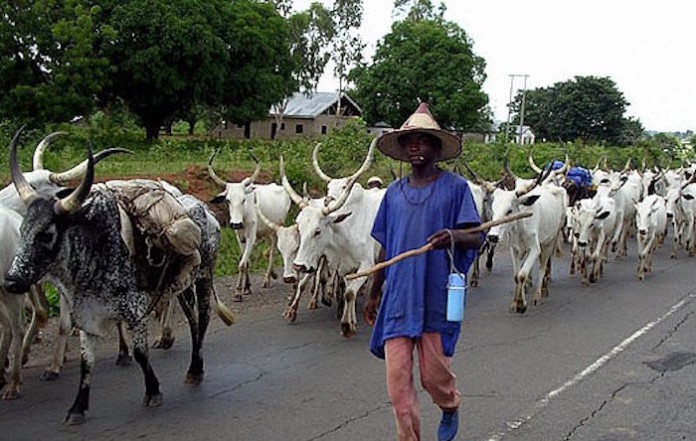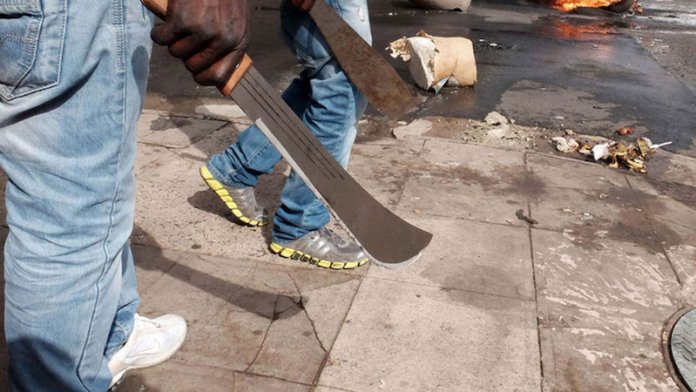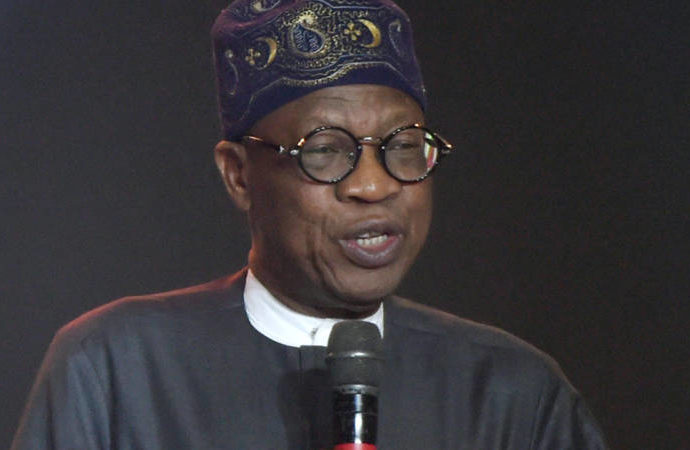President Muhammadu Buhari on explained why he didn’t rush to some troubled states despite the criticisms.
The president reiterated that he has his way of monitoring developments instead of “rushing” to crises spots and “making noise”.
Buhari spoke in Jalingo, the Taraba State capital, during his visit to assess the situation in the state and condole with victims of violence.
No fewer than 200 people are believed to have been killed in communal disputes, herders/farmers clashes and others in the state.
Many of the dead were buried in mass graves. Many are injured and hospitalised. Others have been forced out of their homes.
The local government areas worst- hit by the herdsmen/farmers crisis are: Lau, Ibi, Gassol, Bali, Wukari, Takum and Sardauna where scores were killed in renewed violence at the weekend.
Leaders of the violence-hit communities were at the Government House yesterday to meet with the President, who urged all Nigerians to embrace peace and live together in harmony so that “there could be meaningful development and not destruction”.
“I am here (Taraba) to meet with the leadership of the state, to offer my condolences to those who lost loved ones and properties in violence.
“People, sometimes expect me to rush out to the fields, to go and make noise.
“But I have my ways of gathering intelligence. I get to know what is happening across the country without necessarily going to those areas.
“I will be going to Benue and Zamfara after I return from Ghana to also condole with the people,” Buhari said.
He urged traditional rulers in the state to step up activities in their various chiefdoms to foster peaceful coexistence among their subjects and to remain vigilant at all times.
The President was accompanied by Minister of Women Affairs Hajia Aisha Alhassan , Minister of Defence Manir Dan Ali; Information and Culture Minister Lai Mohammed, some Service Chiefs and National Assembly members from the state.
The delegation was received by Governor Darius Ishaku and state’s lawmakers, led by the speaker.
President Buhari said he chose to visit Taraba first, before Benue and Zamfara states, adding that there were more killings in Taraba, Benue and Zamfara states.
Ishaku said the state was delighted to welcome the President in its trying time.
The governor noted that Taraba State was a “mini Nigeria”, with its over 80 ethnic groups and three religions to handle. “It is not easy to always balance things up here.”
Ishaku said the state was contending with a different breed of herdsmen who are militias moving around with AK 47 rifles to remove anything in their way, unlike the known herdsmen who had cohabited with the people for decades without skirmishes.
“The problem is never between the locals. The local Fulani and other tribes blend without issues.
“We have a new breed and specie of herdsmen militias who move around with sophisticated weapons; they are poised to remove anything in their track.
“They must be arrested now before it degenerates to something we can not contend with,” Ishaku said.
Opinion leaders from the warring ethnic groups insisted that justice and fairness must be seen to be taking their course and the rule of law allowed to prevail for peace to return.
The President is also expected to visit Yoe State where 110 girls were kidnapped on February 19 and Rivers State where many people were killed in New Year’s Day attack perpetrated by the late Don Wayne.
In a statement, Special Adviser on Media and Publicity Femi Adesina said the President had urged the Armed Forces and other security agencies to compile comprehensive reports on the various incidents.
“Having received and studied the reports, the President has decided to undertake an on the spot assessment of the various occurrences and to meet and console the communities affected.
Adesina said: “From today, March 5, he will visit Taraba, and subsequently Benue, Yobe, Zamfara and Rivers states.
“President Buhari has been receiving daily briefings, and has been in constant touch with the governors, and has been updated with situation reports.”
The President has also called on all Nigerians, especially those in the affected areas, to cooperate fully with the security agencies to enable them curb the spate of crimes, bring those responsible to justice and prevent furthe



